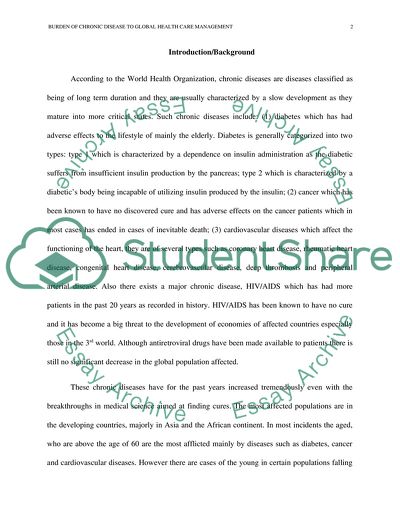Cite this document
(An Evaluation Of Nigeria And The Grenada Health System Research Paper, n.d.)
An Evaluation Of Nigeria And The Grenada Health System Research Paper. Retrieved from https://studentshare.org/health-sciences-medicine/1773420-burden-of-chronic-diseases-to-global-health-care-management-an-evaluation-of-nigeria-and-the-grenada-health-system
An Evaluation Of Nigeria And The Grenada Health System Research Paper. Retrieved from https://studentshare.org/health-sciences-medicine/1773420-burden-of-chronic-diseases-to-global-health-care-management-an-evaluation-of-nigeria-and-the-grenada-health-system
(An Evaluation Of Nigeria And The Grenada Health System Research Paper)
An Evaluation Of Nigeria And The Grenada Health System Research Paper. https://studentshare.org/health-sciences-medicine/1773420-burden-of-chronic-diseases-to-global-health-care-management-an-evaluation-of-nigeria-and-the-grenada-health-system.
An Evaluation Of Nigeria And The Grenada Health System Research Paper. https://studentshare.org/health-sciences-medicine/1773420-burden-of-chronic-diseases-to-global-health-care-management-an-evaluation-of-nigeria-and-the-grenada-health-system.
“An Evaluation Of Nigeria And The Grenada Health System Research Paper”, n.d. https://studentshare.org/health-sciences-medicine/1773420-burden-of-chronic-diseases-to-global-health-care-management-an-evaluation-of-nigeria-and-the-grenada-health-system.


